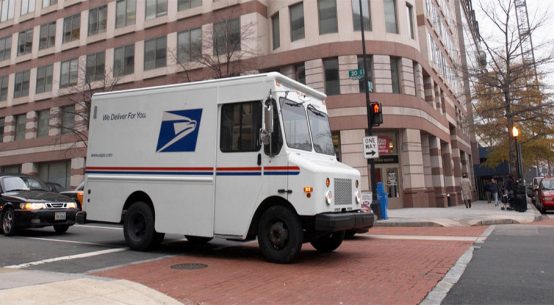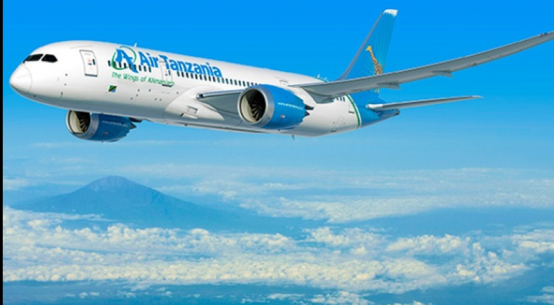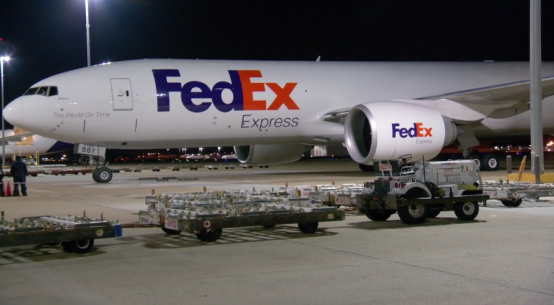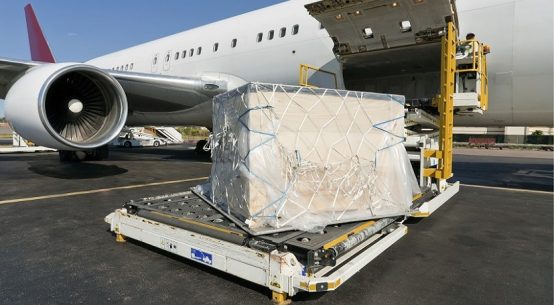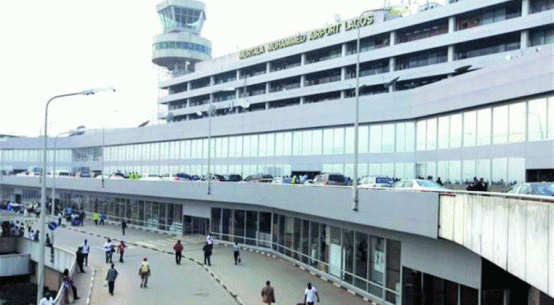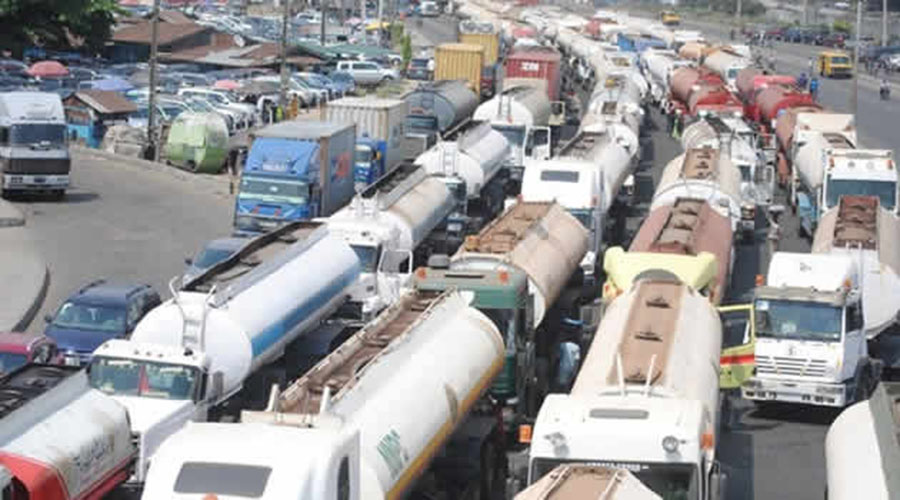
Since the past 43 years when the Apapa port’s access roads were constructed, the nation has never had it this bad. From a million potholes to the death traps, loss of multi-billion naira goods, dirty and polluted environment, yet relief appears still farther than expected. SULAIMON SALAU reports that the Apapa ‘demons’ have culminated in a sudden sharp rise in the cost of haulage and increased sleepless nights for importers.
It was a sharp rise that caught everyone unawares. The agents and importers never thought that the impact of bad road infrastructure and disorderliness at the ports will suddenly dwell on them such that the cost of transporting consignments from the Lagos ports complex to other parts of Nigeria will soared by about 400 percent.
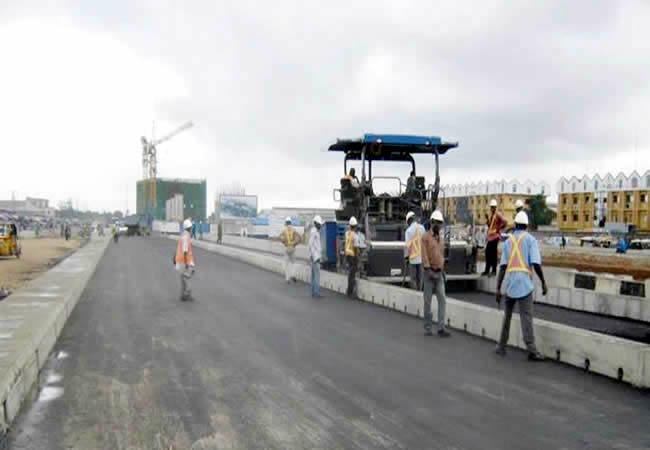
The importers, clearing agents, freight forwarders, terminal operators and other stakeholders that operate businesses around the Lagos ports have continued to have sleepless nights over the poor condition of the roads and the damning implications on their businesses. The situation is precarious, as the roads remain impassable, and illegal fees are charged by security agencies that were commissioned to restore sanity on the access roads.
However, some companies, like Honeywell Flour Mills Plc, attributed the dip in their profitability in 2017 to the Apapa traffic gridlock. Honeywell its statement to the Nigerian Stock Exchange (NSE), said the dilapidated road infrastructure, and chaotic traffic situation in and around the nation’s premier port made it inordinately difficult, and enormously expensive to transport goods out of the factory in Tincan Island.
Honeywell on its part noted that the challenge resulted in an effective transport cost increase of about 25 percent. “Cost of goods sold increased by one percent relative to the same period of last year, following rising prices of wheat; a major raw material input and this contributed to a decline in gross profit from N3.8 billion to N3.2 billion.”
Sudden sharp rise
The experience of the freight forwarders is far painful with the rising cost of about 400 percent. They are currently groaning under intense hardship and financial commitment imposed on them by the unpalatable condition.
The excess charges, according to importers are extended to the final consumers or users of the goods, who are billed to pay higher to purchase goods on the shelf. The concerned importers that spoke with The Guardian called on the relevant authorities to check the excesses of the truck owners and drivers. Only a few months ago, haulage of a 1×40 feet container was transported for N120, 000 while 1×20 feet was transported for N80, 000 within Lagos, but the price has shot up to N550,000 – N600,000 now.
Agents cry out
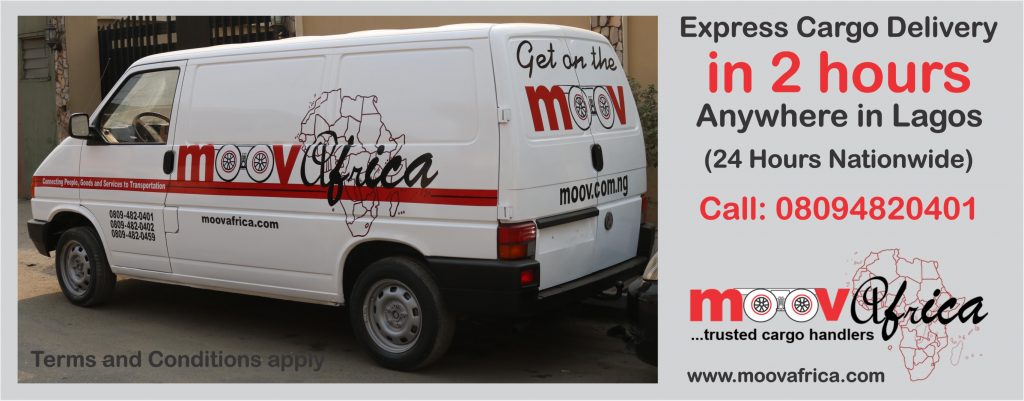
President, National Association of Government Approved Freight Forwarders (NAGAFF), Increase Uche, said the situation has become unbearable, and the agents can no longer cope with the associated huge cost of transportation, adding that the group has set up a committee to look into the issues and proffer necessary solution.
The association is threatening to resort to a strike action is urgent actions are not taken.
“What we are having here is not less than 400 percent increase in haulage services. For example, transportation cost from the Apapa ports to ASPAMDA market in Trade Fair Complex, Badagry Expressway was formerly between N80,000 and N120,000, but right now it’s between N550,000 to N600,000. This is just within Lagos.” Another Freight Forwarder, Emma Agubanze, said: “We share the grieve and difficulties the haulage group may be undergoing presently, it is regrettable the hike on haulage cost within Lagos and up country.
“The current charge for a 40ft container standing at N650,000 local and N1.2million up country are unjustifiable. It shall be the view of NAGAFF that Nigerian Shippers’ Council as the commercial regulator has the statutory mandate to mitigate the present state of unregulated transport cost,” he said. He called on Freight Forwarders with the financial muscles to invest in haulage trucks immediately. “The international division of NAGAFF has been directed to link up with multinational haulage companies in Europe, Asia, and America with a view to investing in Nigeria.”
Aggrieved importers also expressed grave concern over the rising cost of hauling containers from the Apapa seaports to warehouses in Lagos and other states of the federation. An importer and President, Association of Progressive Traders (APT), Trade Fair Complex, Lagos, Jude Okeke, said that the prices of goods would continue to go higher.
“Before the traffic congestion that has become synonymous with the ports access roads, it is easy to bring cargoes to the markets with little transport fare. Today, the thought of having one’s container berthing at the Apapa Wharf sends shivers to one’s spine because of the trouble associated with such venture,” Okeke said. He said that with the uncertainty in bringing cargo through the Apapa ports, importers might be compelled to use neighbouring country’s ports to ship in their cargoes. He however pleaded with the Federal Government to open up other seaports in the country to decongest the Lagos ports and make transaction easy for them.
Chief Executive Officer of Glory Land Shippers, Emeka Amadi, said that the Apapa road had defied all known solutions due to poor implementation. He said: “Even the Presidential Order given some weeks ago by Vice-President is temporary as the containers have lined-up in the area, blocking every available space. That is why the price of transportation of cargo is on the increase.”You do not expect somebody’s truck to be on the road for days without the person charging money to cover for the days,” Amadi said.
Operators shift blame
President, Association of Maritime Truck Owners (AMATO), Remi Odugbemi, exonerated truck owners from the high cost of haulage and pushed the blame to the government due to the poor condition of roads. He said: “Ask those that are complaining if they can bring relief to the suffering of truck owners and drivers. Many of us sleep on the roads for more than one week or two weeks; it is not easy I must confess.”
Another truck owner, Aliyu Abdul Ahmed, argued that the high haulage cost couldn’t be equated with operators’ welfare, saying: “We suffer a lot. As I am talking to you, I have spent five days on the road without going home. To gain access into the port is a herculean task, while loading takes two to three days. Coming out of the port will also take another four days. You can see our level of suffering. In fact, we are no longer bothered about getting jobs because the roads are not encouraging. We now prefer to deliver empty containers and relax. “
The General Manager, SIFAX Haulage & Logistics Limited, Adewale Adetayo, also flayed the poor state of the roads, as it impacts haulage, and urged the Federal Government to fix all the major dilapidated roads nationwide, to boost the fortunes of the sector.
He said: “The haulage business has a very huge potential but not much attention is paid to it. The sector currently accounts for over N200billion turnover, with an estimated growth rate of about 10 percent per annum. “If you look at the assessment of the Logistics Performance Index, Nigeria ranks 90th out of 160 countries, which is very poor. One of the major challenges confronting the sector is that of bad road. If you also consider the road landscape in Nigeria, the Federal Government has about 18 percent of the road network, states about 16 percent, and local governments about 68 percent. The sad thing is that more than 70 percent of the traffic on the road is basically on the federal roads.”
Terminal operators, Shippers’ Council react
Meanwhile, the Seaport Terminal Operators Association of Nigeria (STOAN), has argued that the multi-security taskforce, Operation Restore Sanity in Lagos, set up by the Federal and Lagos State governments to address the Apapa gridlock will not be able to achieve its mandate until certain fundamental issues like de-emphasizing the use of roads for the haulage of heavy cargoes are addressed.
The spokesman for STOAN, Bolaji Akinola, said: “The problem is that the road network leading to and out of Apapa have packed up. Also, there are no parking lots for this large number of trucks descending on Apapa. The gridlock you see and its spillover effects all over the Lagos metropolis will persist until these core issues are addressed.”
Director, Special Duties of Nigerian Shippers Council (NSC), Ignatius Nweke, told The Guardian that the Council is concerned about the challenges associated with the poor ports access roads, calling for cooperation among stakeholders. He said: “Everybody is concerned about the bad roads. The problem will be difficult to address at a period when the road is still in a very bad shape. We cannot ask them to stop working, but we have to look into what is causing the problem, which is the bad road. When we address the bad road, then we can now look into the problem.”
Government steps in
The Federal Executive Council (FEC) had last Wednesday approved N72.9billion for the reconstruction of the road from Apapa to the tollgate on the Lagos-Ibadan Expressway in Lagos State. Minister of Works, Power and Housing, Babatunde Fashola, said the decision was taken to provide a long-term solution to the road, which had suffered a lot of gridlock in recent times.
“The Ministry of Power, Works and Housing secured approval for the reconstruction of the Creek Road Tincan Island-Beach Land right through to Oworoshoki to the toll gate end of the Lagos-Ibadan expressway for the full reconstruction of that road which was built around 1975 as part of our first port expansion undertaken then in the 70s.
“That road was intended to evacuate cargo out of Lagos without running through the spine of the city. “The road is now in some state of disrepair and Council has approved its reconstruction at the cost of N72.9 billion.”
According to the minister, the work will be done using a Public-Private Partnership PPP model. He named Dangote Group as the constructing firm for the road project, saying that the N72.9 billion for the execution of the project would be recovered through the funding credit tax policy of the government. The Minister further said when fully constructed, the road will have 10 lanes, with five on both sides, with a total of 270.8 linear kilometres, including drainage, rehabilitation of some of the bridges and interchanges.
“First, it will be done through (the) PPP model. The constructing company will be the Dangote group. It will be financing that construction to the tune of N72.9 billion as certified by PPP. Another instructive thing to note is that this is the first full reconstruction of that road since it was constructed at about 1975.
“All previous efforts had been to repair damaged sections. So, it is going all the way to reconstruct the road. The third thing to note is that the entire construction is that it involves procurement of 27.8 kilometres made up of 10 lanes – five lanes on both sides – three on the main carriageway, two on service lanes.
“So, essentially, you are constructing about 79.8 linear kilometres and that also include drainage and use of extensive cement work and rehabilitation of bridges.
“We expect contractors to move to site. This is our own long-term solution to the problem contributed by the road congestion there. This will provide enduring solution to what is currently being experienced by commuters,” he added.




